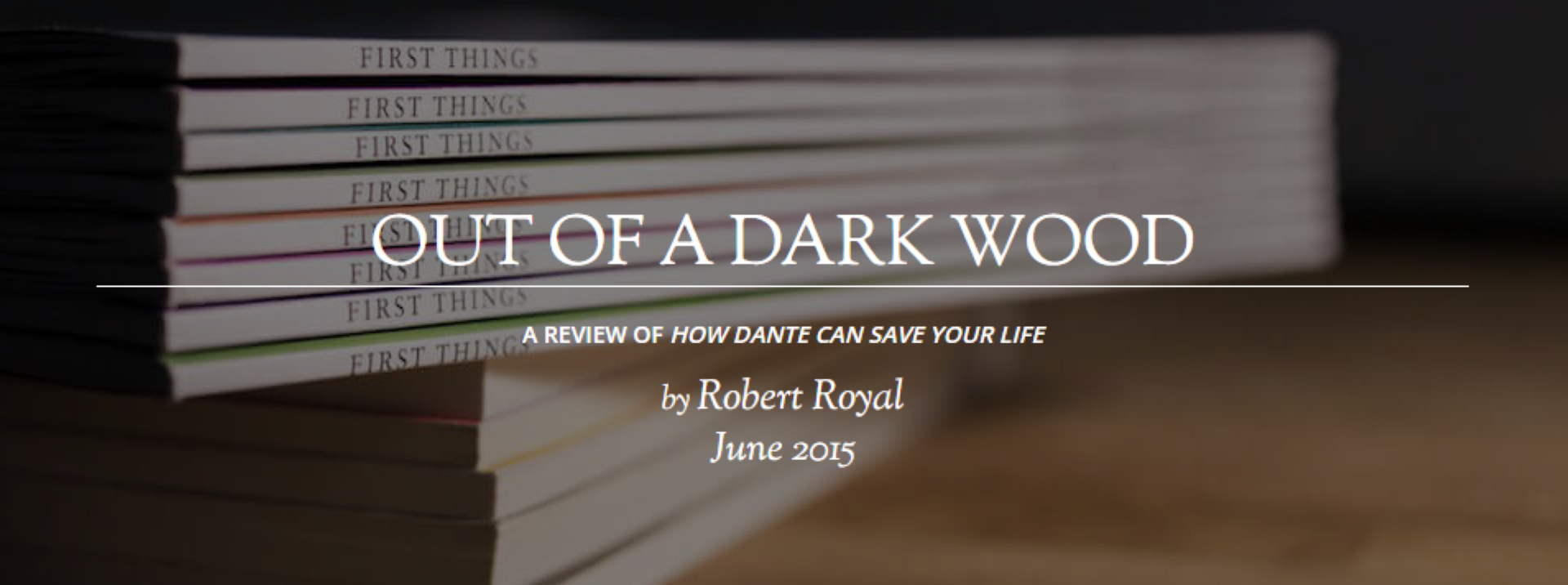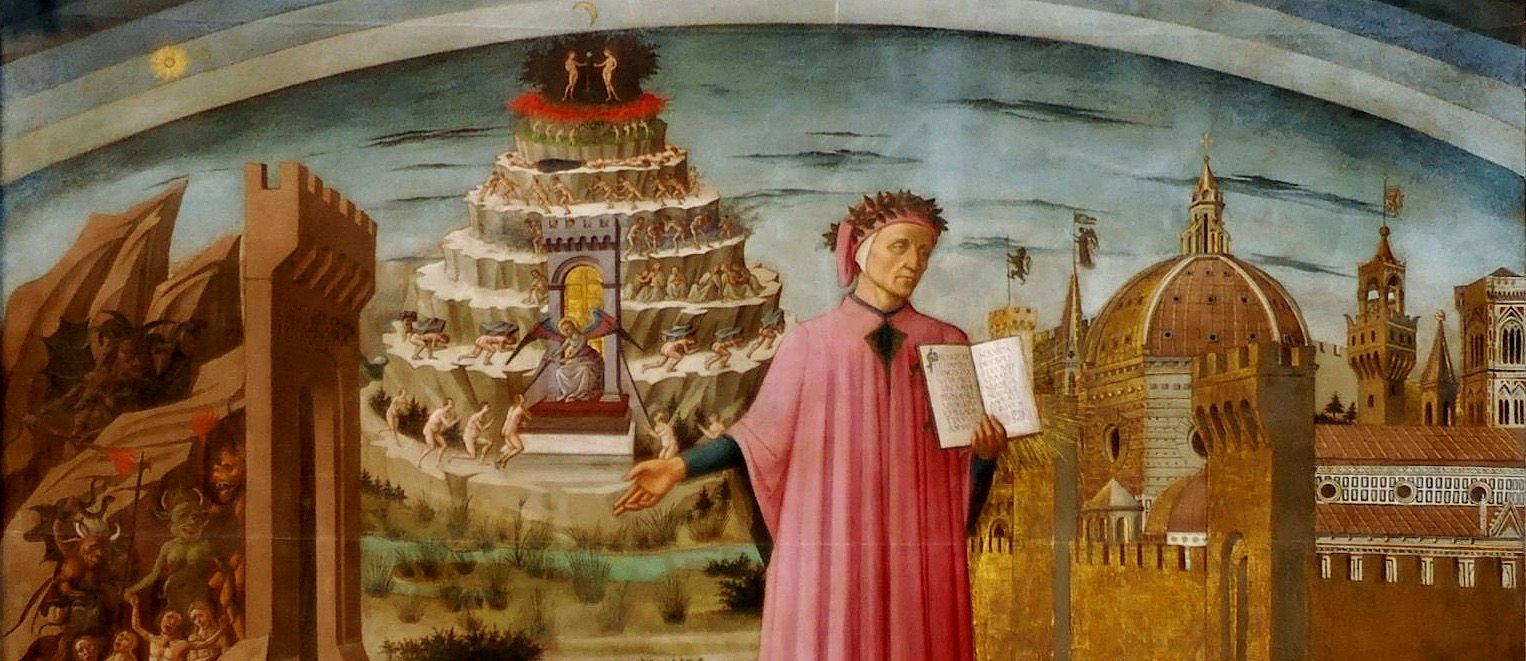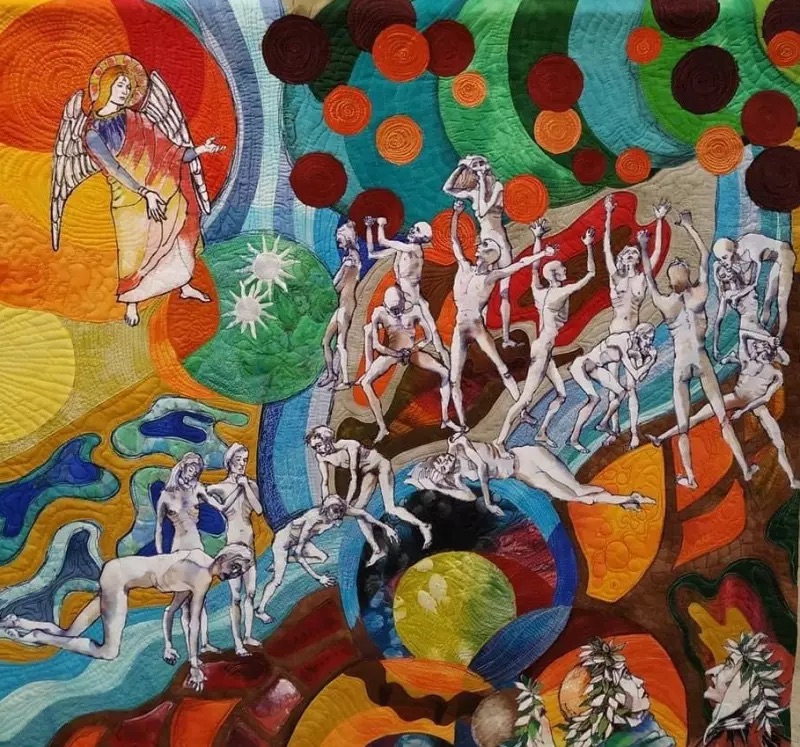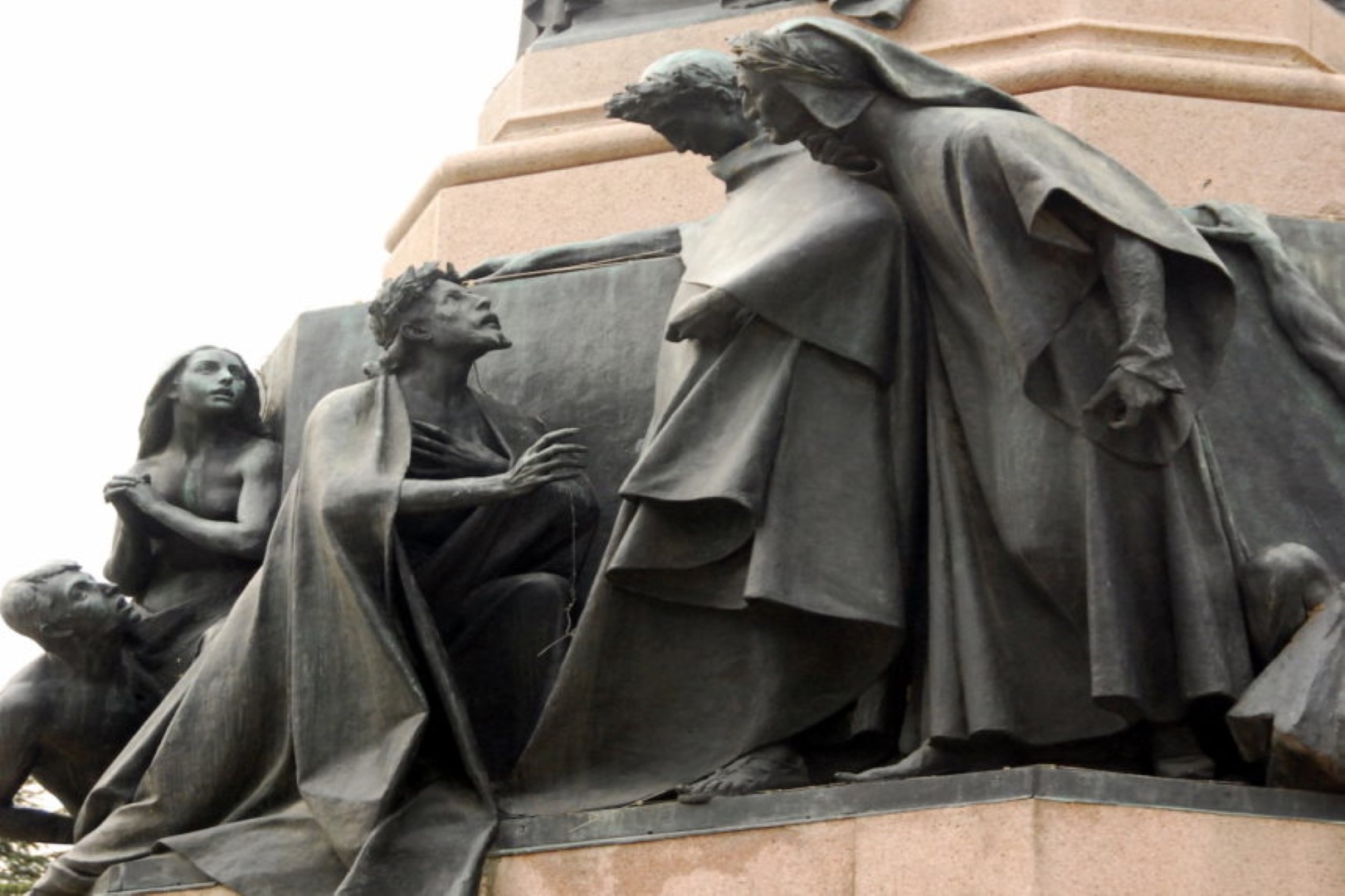“In 2011, Rod Dreher returns to his hometown in West Feliciana Parish, Louisiana, after years living elsewhere in pursuit of a (highly successful) journalistic career. Now middle-aged, he hopes to find a more authentic community than he has in big cities and to draw close to the family from which he has been estranged. Instead, he falls into a kind of depression—the combined effect of resurgent stresses within the family, the death of his sister Ruthie from cancer, and the Epstein-Barr virus—which causes fatigue, the need for large amounts of sleep, and no little turmoil over how to work his way out of the dark place in which he finds himself.
“He turns for help to the pastor at his local Orthodox church for spiritual counseling, as well as to a Christian psychologist. But as he recounts in this deep and moving memoir, an utterly unanticipated source of guidance came to him unbidden. As he is browsing in the poetry section of a bookstore one day, he stumbles onto a translation of Dante Alighieri’s Divine Comedy, which tells of a pilgrimage from a threatening and dark wood through Hell, Purgatory, and the Heavens to the Beatific Vision. For some reason, that medieval Florentine poet threw a spiritual lifeline to this modern American writer.
“The title of the book that resulted, How Dante Can Save Your Life, may seem exaggerated, in the way of recent books like Alain de Botton’s How Proust Can Change Your Life. It is. Dante can’t save you. Only God can. In our postmodern culture, there’s recently been a raft of works that look to tony literary sources for meaning and substance in a world that seems to have obliterated both. But don’t be deceived by superficial resemblances. Dreher’s book is much more deeply rooted in theology—and reality—than are those other efforts.” —Rod Dreher, “How Dante Can Save Your Life: The Life-Changing Wisdom of History’s Greatest Poem,” First Things, June 2015 (retrieved on March 24, 2024)





